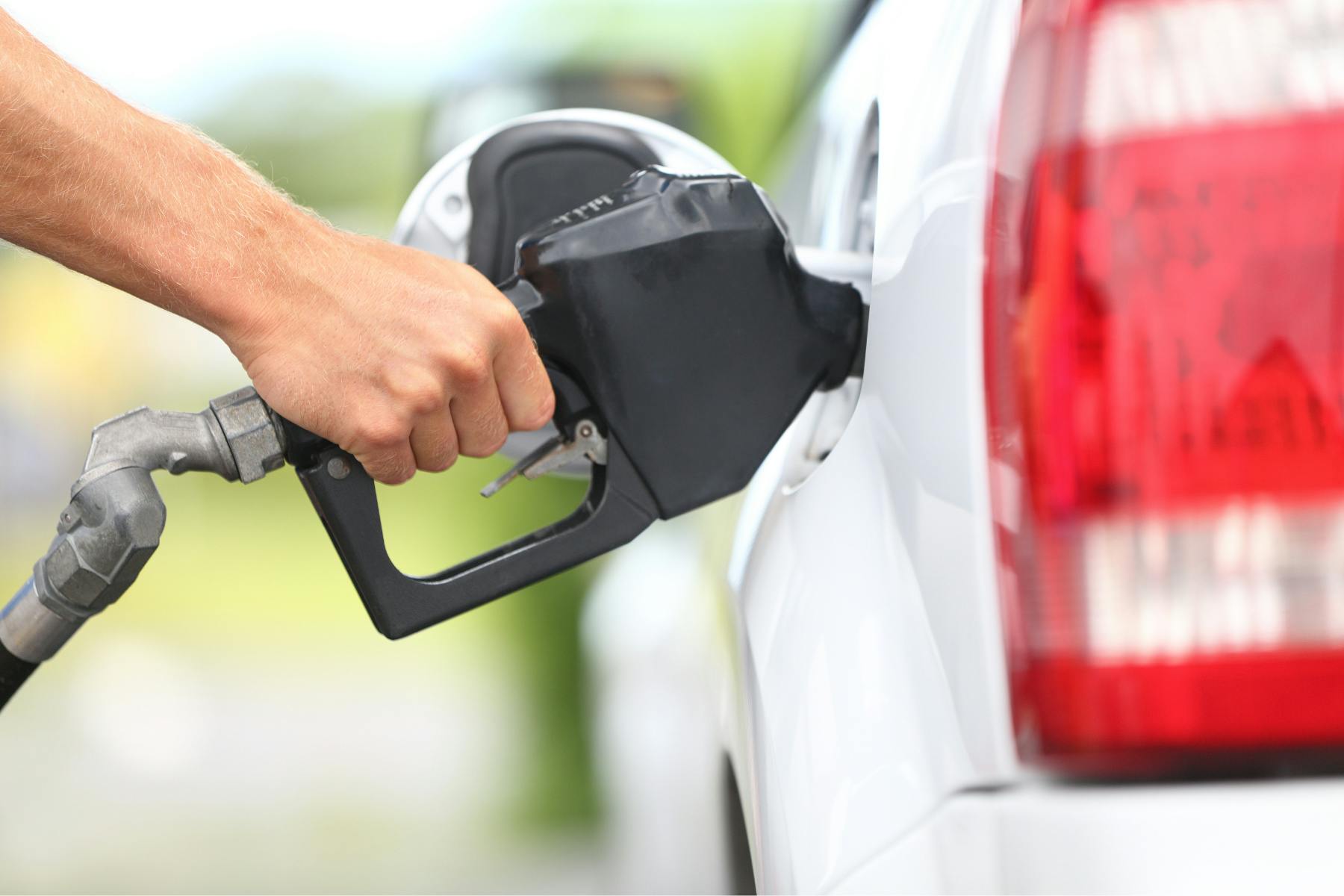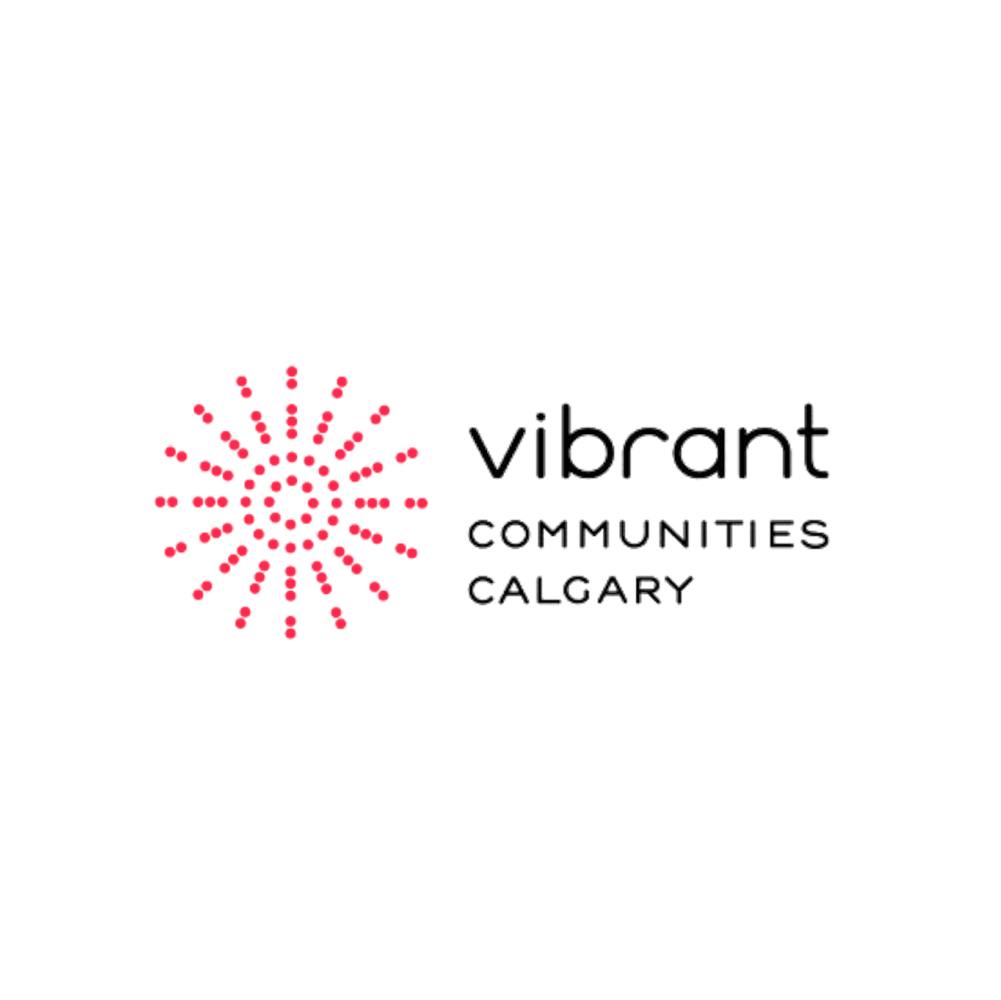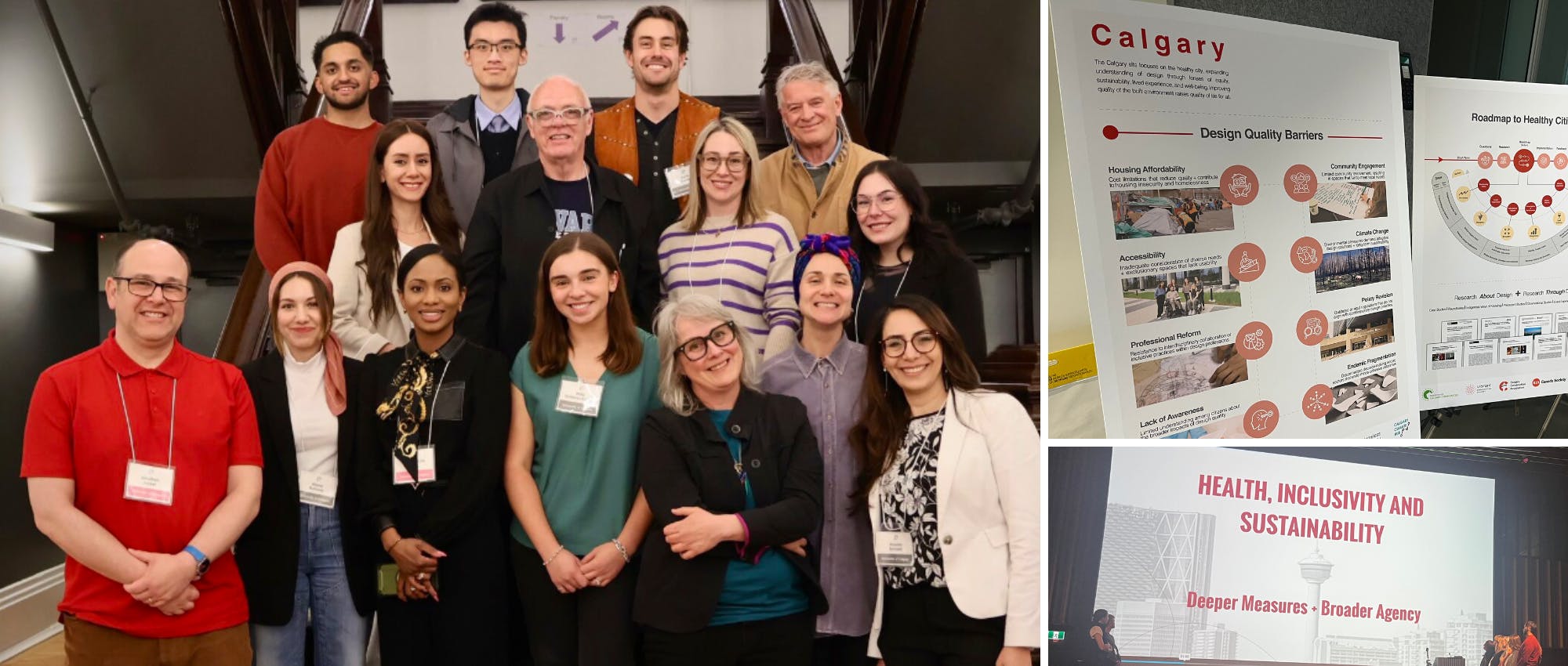Last week, sticker shock at the gas pump and alarm with spikes in utility bills were all over the news. The provincial government responded announcing that it will step in with two measures to help struggling families. But many are saying it’s not enough, especially if costs continue to rise.
Even though this issue has been in the media recently, “energy poverty” has been an issue for a long time. For many it is a never-ending cycling of unaffordable bills, arrears and disconnection, along with the inability or resources to make changes to improve efficiency. A family is in “energy poverty” if 6% or more of its net income is spent on energy bills, or double what the median Canadian household pays on energy. Over the past few months, it’s likely that many more families have entered this category.
A 2019 report on Canada’s energy poverty explored this issue. While the study uses 2016 Census data and the world has changed considerably since then, it does highlight some important issues. Particularly, that one in five Alberta households were living in energy poverty even before recent price spikes and that racialized, recent immigrant, and Indigenous households are significantly more likely to be faced with it. It’s also notable that Alberta is the only province that doesn’t have a program for people living on low incomes to make energy efficiency upgrades to their homes.
The Canadian Poverty Institute published an op-ed recently exploring this issue. It also highlighted some useful resources:
- The Alberta Energy Poverty Roundtable was established in 2018 to develop solutions to address energy poverty.
- The Utilities Consumer Advocate educates and mediates for Alberta’s small business, farm, and residential electricity, natural gas and water consumers, and advocate for energy consumers.
- Empower Me is Canada’s only energy conservation and education change program designed for and delivered by members of diverse, multilingual, and hard to reach communities.
- Check out this What on Earth segment exploring why addressing energy poverty is a climate solution.
- If you or someone you know is struggling with paying energy bills, contact 211 to be referred to organizations that may be able to help.
CBC Calgary wants to know your concerns and information needs about utilities in our city. Text 587-415-6839 to share experiences or visit cbc.ca/utilities to learn more.




